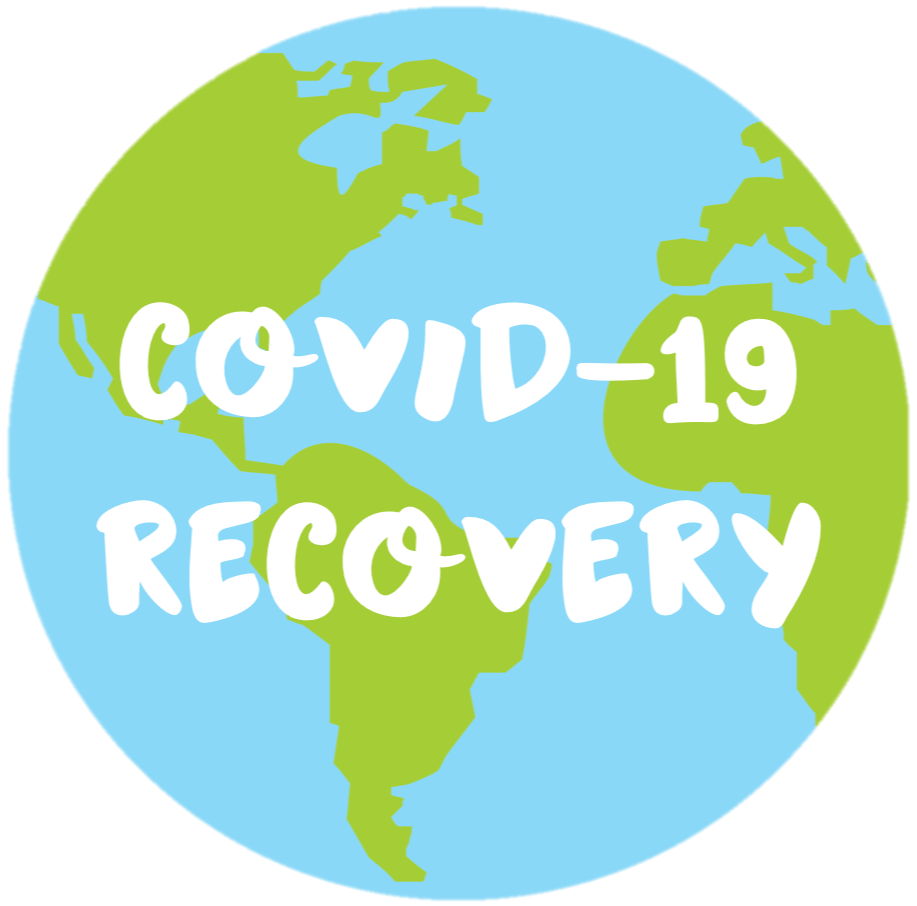PhD Student at Oxford Uses His Engineering Skills to Help His Community
OXFORD - All over the world, we are seeing grocery stores that were previously full of food, cleaning supplies, and bathroom essentials, become nearly empty. We are seeing long lines for toilet paper at local stores. We are seeing limits being placed on paper towels and isopropyl alcohol. Now, hand sanitizer is a prized possession.
During the height of the worldwide shopper panic, Andrew Wang, a second-year Chemical Engineering PhD student at the University of Oxford, noticed that he had supplies for the creation of hand sanitizer at the Monroe Research Group’s laboratory. Wang said, “When I looked at the recipe for hand sanitizer, it was intuitive as it [required] a lot of ingredients that we were using in our lab.”
Wang wanted to take initiative in his community by making hand sanitizers for his university peers, “You don’t really hear about anyone making these supplies or giving [them to others]. If you have these things, you might as well do something with them and be useful.”
Wang started distributing these hand sanitizers to his friends. Word quickly got around the university, including Wang’s professor, whose wife was in the surgery department at Oxford. Through these connections, Wang has been able to provide batches of hand sanitizers to his wider community, including local Oxford doctors and the vaccine office at Oxford.
Although the demand for hand sanitizers has slowed down due to the stay-at-home orders in the Oxfordshire area, Wang and his teammates have continued to help their community. Wang explained, “Since the lab is not very crowded and low-risk, we were able to get an essential work permit.” With this work permit, Wang and his teammates at the lab have been producing face shields through 3D printers for healthcare workers in the Oxfordshire area.
3D Crowd UK is a similar initiative that promotes the use of 3D printers to produce face shields for healthcare workers at the frontlines of the battle against COVID-19. According to the initiative’s website, 3DCrowd.uk, the effort was started by James Coxon, a Palliative Medicine doctor with an interest in 3D printing, who discovered that UK hospitals and medical practices were in need of protective face shields. The initiative brings together 3D printer owners to make these face shields. Healthcare workers can then request these face shields through the initiative’s website and volunteers to deliver these face shields. On the weekend of April 11, the initiative delivered over 39,000 face shields.
Wang commented that, “it is inspirational that local communities are gathering together and making an impact and making the lives of healthcare workers easier. We are not expected to do much, but it's nice to be able to make a contribution when things feel stagnant.”
If you are interested in signing up to volunteer, you can visit www.3dcrowd.uk. The initiative also has a GoFundMe page where members of the public can donate to the project: https://www.gofundme.com/f/3dcrowd-emergency-3d-printed-face-shields
